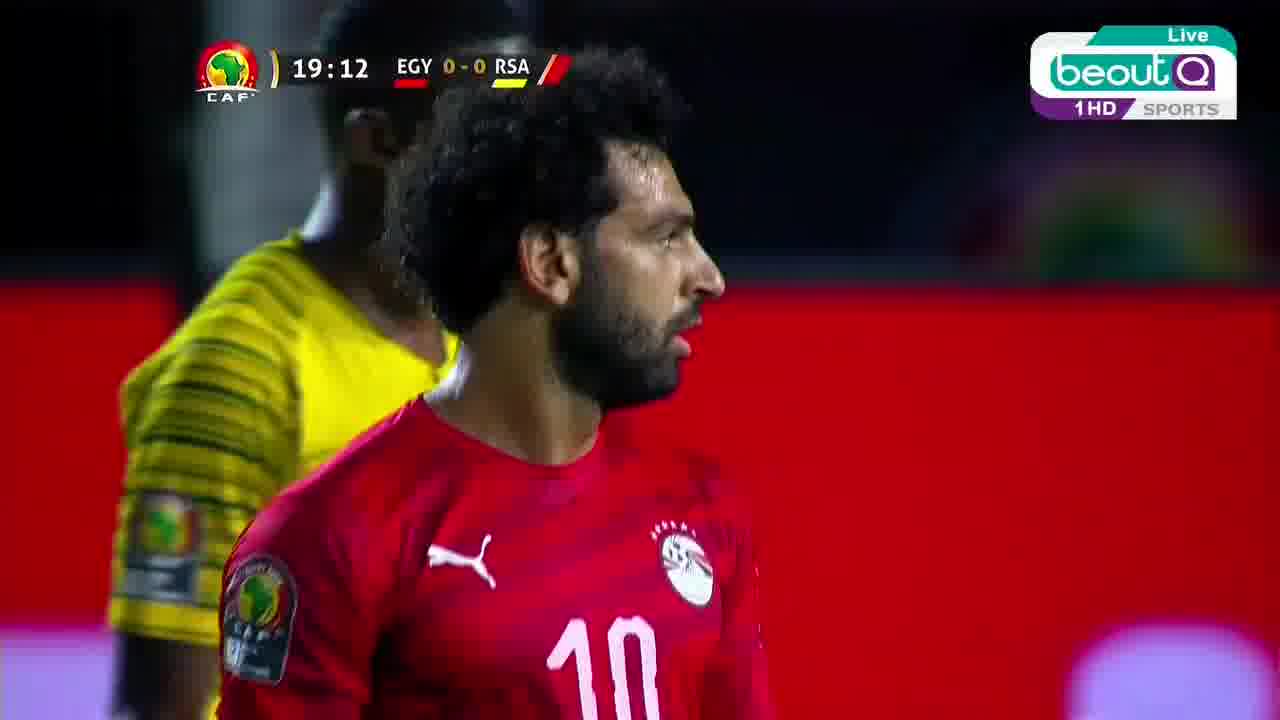By Paul Nicholson
October 7 – The growth of the beoutQ broadcast piracy operation that has seen the emergence of beoutQ-enabled set-top boxes being retailed in countries around the world suffered a derailment in a London court on Friday with the conviction of a shop owner on two charges of copyright theft and two charges of fraud.
The City of London Magistrates’ Court found Ammar Al-Silawi guilty of selling illegal streaming devices (ISDs) from a shop in Edgeware Rd, London. He was sentenced to the maximum 300 hours of unpaid community service and was ordered to pay legal costs to the Premier League who brought the case.
Al-Silawi was told that if he is found guilty of selling the ISDs again he would face a custodial sentence.
While the Premier League has won a number of cases against pirate broadcasters, the industrial-scale piracy of the beoutQ operation and its global spread is on a very different level and has rung alarm bells throughout the sports rights world with rights owners increasingly concerned about the tsunami that it is bringing with it in terms of washing away big money buyers. What was passed off by many as a local problem has escalated far beyond.
Initially targeted at disrupting Qatar-based service BeIN Sport as part of the wider regional stand-off and economic blockade of Qatar led by Saudi Arabia, the Saudi service has been stealing and rebroadcasting BeIN’s signal since its launch in 2017.
The effect on an already disrupted broadcast market is starting to prove seismic. BeIN has already cut staff by 18% and is now cutting its sports rights budget. For sports rights owners that receive tens and hundreds of millions of fees from BeIN, the threat to the funding of their leagues and sports is very real.
BeIN Sport has been very vocal in its complaints to rights holders and lawmakers globally about the copyright theft by the Saudis – understandably. The rights holders have been slow to protect their rights and, in FIFA’s case, seem to have been tacitly encouraging the Saudis when they were in discussion over the creation of a joint entity backed by Saudi money to revamp the international calendar with a FIFA Nations League and expanded Club World Cup.
The simplest way for FIFA to have protected the world of football and its broadcast revenues would have been to suspend Saudi Arabia from international play. That would have been controversial in itself, but it would have protected the whole sport, and would not have left FIFA looking like it was hedging its own interests rather than the sport’s as a whole.
Now the move by football rights owners to protect their own revenues looks like it is coming too late for many – BeIN recently cancelled its Formula 1 contract. Certainly major football rights holders can expect significant reductions in fees as what they sell and what they can actually protect comes under the ‘value’ microscope. With Qatar spending big to host the 2022 World Cup, rights owners would be foolish to believe that the fees gravy train from the state-backed broadcaster will keep on running uninterrupted.
BeoutQ’s move into distributing its pirated signals into other non-Middle Eastern markets takes the theft directly into rights owners home markets.
Premier League director of legal services Kevin Plumb said: “We will continue to investigate and pursue all suppliers of illegal streaming services, regardless of the size or scale of their operation, to protect the intellectual property that enables the Premier League to be so competitive and compelling.
“Addressing the issues created by the unprecedented beoutQ situation remains a key priority of the Premier League and we will work tirelessly to support beIN Sports, as well as all other broadcasters and fans who acquire our content legitimately.”
Contact the writer of this story at moc.l1744339366labto1744339366ofdlr1744339366owedi1744339366sni@n1744339366osloh1744339366cin.l1744339366uap1744339366

